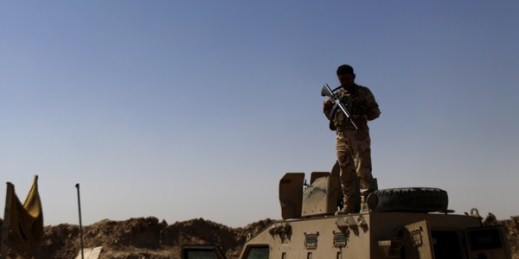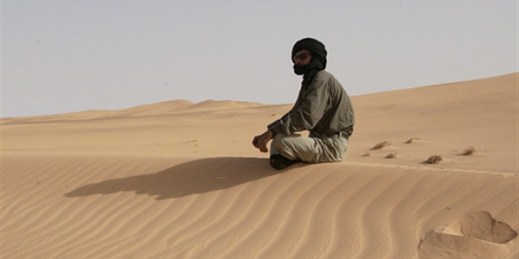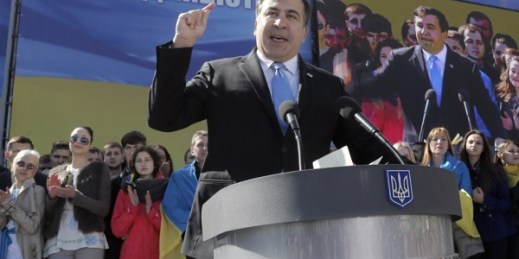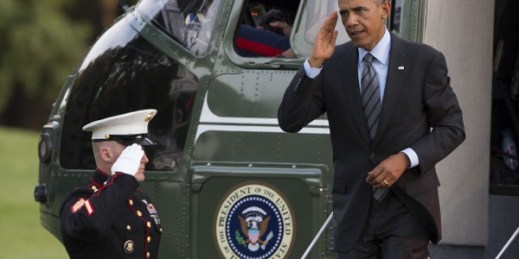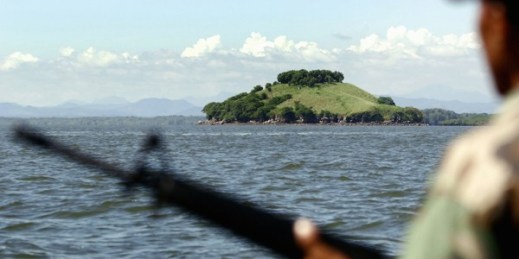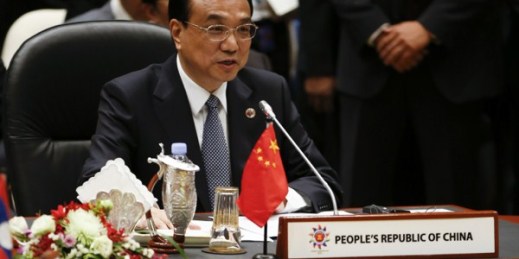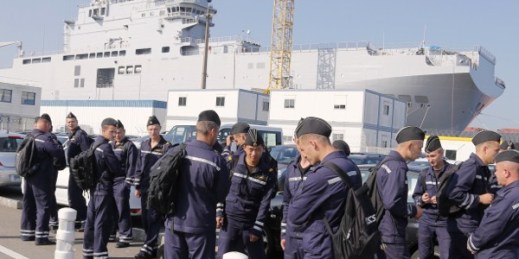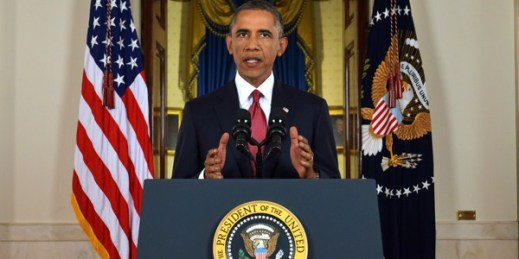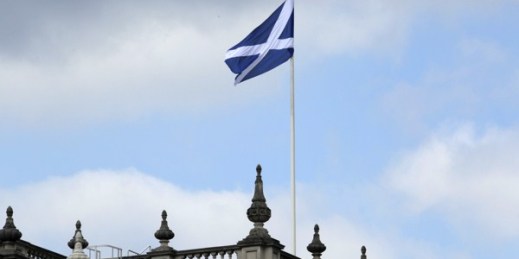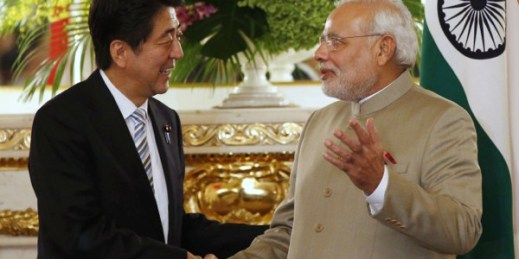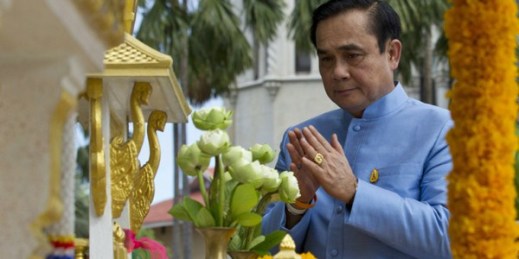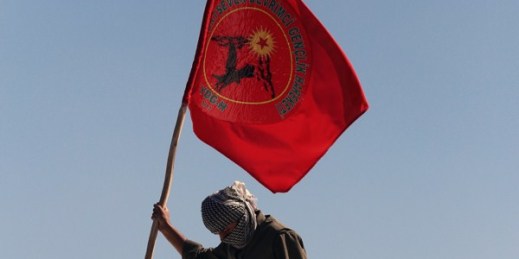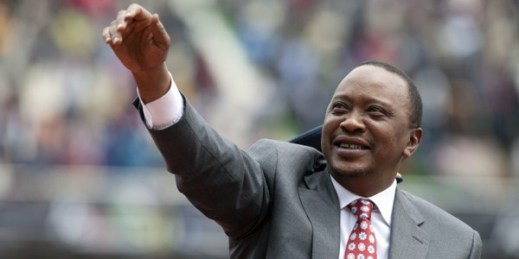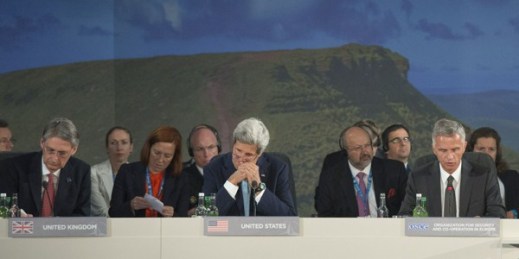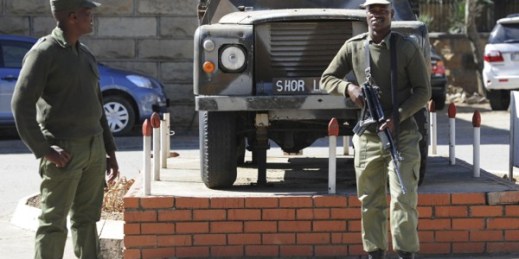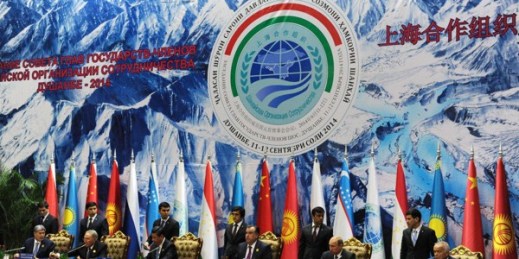
The Shanghai Cooperation Organization (SCO) summit in Dushanbe, Tajikistan, on Sept. 12-13 may have been one of the organization’s most important. After years of stasis, the group’s heads-of-state summit finally agreed to consider expanding the organization’s membership, which has remained fixed since its foundation in 2001. They also adopted several other important measures promoting regional development, as well as a political declaration that lent support to Russian and Chinese positions in those countries’ disagreements with the U.S. and the West more broadly. But the SCO still faces several obstacles to expanding its role in Eurasia. After the instability engendered by […]

